

What the #$*! Do We Know? is one of the hottest independently released films of the summer, as well as one of a handful of high grossing documentaries released in the past couple of years. Playing in a few specialty houses since summer it has – thus far – racked up an impressive $5 million.
The film – directed by Mark Vicente, Betsy Chasse and William Arntz – purports to be about quantum mechanics, biological addictions, and the redefinition of objective reality and human consciousness. Using various talking heads, a lamely directed fictional story about a depressed woman photographer (Marlee Matlin) that parallels the subject matter, an electronica score, and a whole bunch of colorful graphics, the film simultaneously stimulates us with puzzling science at the same time that it foists upon us a New Age philosophy.
One of the more curious things about the film is that the filmmakers don’t identify any of the talking heads until just before the end credits. This curious choice may be because the filmmakers don’t want us to have preconceived notions about who is talking. But it could just as surely be because the filmmakers know that if we realize who is talking to us, we wouldn’t buy what they tell us. As we learn in the end, one of those talking heads is a woman name J.Z. Knight, aka Ramtha. J.Z. is a self-proclaimed New Age guru who says she channels a 35,000 year old warrior named Ramtha. Other scientists are legit but definitely are made to look as though they cross the line between science and religion and maybe fantasy. (One of the “scientists” is Jeffrey Satinover, who has written a book claiming that homosexuality "is one of the many forms of soul sickness that is innate to our fallen nature.”)
Because of this little bit of deception, What The #$*! Do We Know? – while certainly interesting – comes across like a recruiting video for the Ramtha School of Enlightenment.
Another clue the filmmakers have more on their minds than the exploration of new realities or science is the structure of the editing. Toward the beginning we see numerous talking heads all of whom seem to be scientists or doctors descanting (in sound bites) about quantum physics. But as the film goes on it delves more and more into the realm of speculative New Age ideas and then hones in on fewer and fewer talking heads until it rests comfortably on just two: Ramtha and Joseph Dispenza, a chiropractor and follower of Ramtha who talks about “molecules of emotion” and such things. Even the audio used in the film is telling. Toward the end, the film repeats various talking points, which may be simply to reiterate what we have already heard, but most likely it is to reinforce the points the filmmakers want to make.
Overall, there is nothing wrong with the film having a New Age element or being a recruiting video so long as the viewer understands that’s what it is. But it seems that the filmmakers – who I understand are part of Ramtha’s Enlightenment school as well, naturally – have been reticent because they know that their philosophy is questionable to the greater number of people.
Quantum mechanics is certainly very interesting and there is little doubt that as the study of physics gets more and more infinitesimal there is a lot of mystery remaining and a lot more to learn. But to start making assumptions that the beguiling properties of molecules can be interpreted to mean that there is no difference between what is real and what is imagined and that they can teach us about the power of positive thinking is to really narrow the whole meaning of physics to the level of a trite self-help ideology.
If you are curious about Ramtha, then go see What the #$*! Do We Know?. Otherwise my advice is that you’d be better off reading about quantum mechanics and simply imagining that you have seen this movie.
Aka What The (Bleep) Do We Know?

Well, for starters we know this is a load of hooey.
Review by Matt Langdon © 2004 filmcritic.com








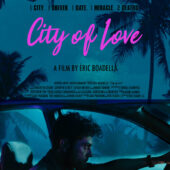












![Industrial Factory Hudson County Photo [221205-18]](https://www.filmfetish.com/img/p/2022/12/221205-18-warehouse-stacks-11x85-web-170x170.jpg)
![Adult Film Star Letha Weapons Photo [221010-26]](https://www.filmfetish.com/img/p/2022/11/221010-26-letha-weapons-85x11-web-170x170.jpg)
![Times Square New York City Photo (February 1976) [210907-79]](https://www.filmfetish.com/img/p/2022/11/210907-79-times-square-11x85-web-170x170.jpg)
![The Famous Latin Quarter Nightclub, New York City 1951 Photo [210904-1]](https://www.filmfetish.com/img/p/2021/09/210904-0001-11x85-web-170x170.jpg)







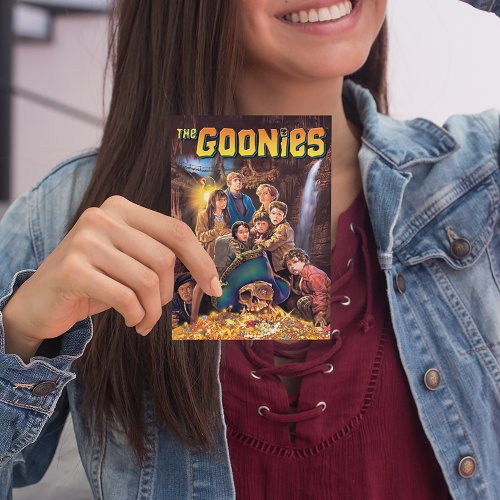

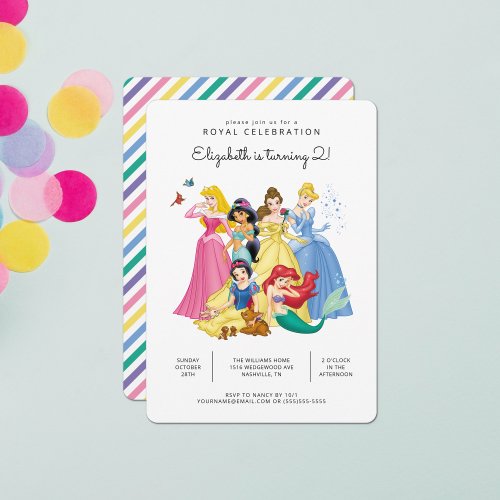





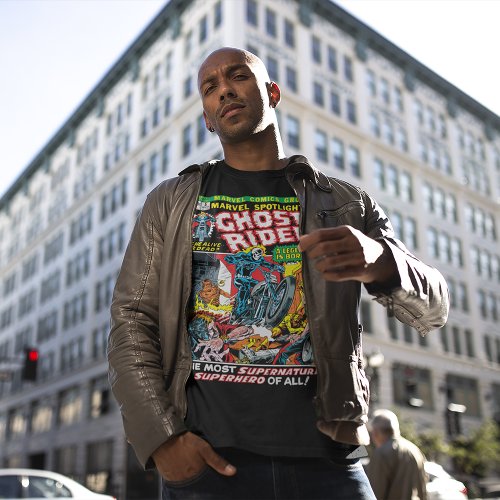






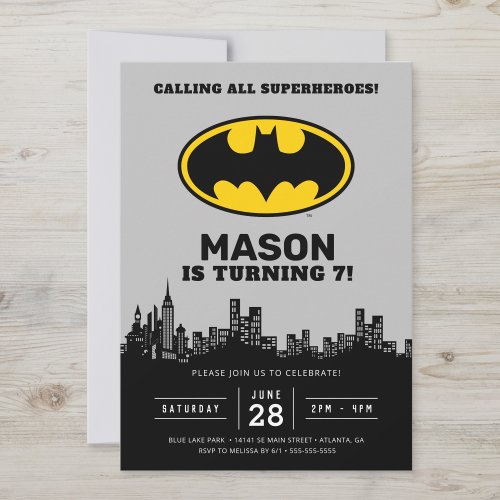

























![That’s Entertainment Part II Original 10×8 inch Press Photo Lobby Card – Mickey Rooney [G71]](https://www.filmfetish.com/img/p/2021/06/publicity-photo-g71-01-170x170.jpg)

![D.O.A.: A Right of Passage 2-Disc Special Collector’s Edition [Blu-ray + DVD, 2017] – Documenting the Rise and Fall of Punk Music](https://www.filmfetish.com/img/p/2018/03/doa-rise-fall-punk-movement-music-170x170.jpg)


![Marley (2012) Documentary Original 11×17 inch Promotional Movie Poster [I78]](https://www.filmfetish.com/img/p/2021/06/poet-marley-i78-01-170x170.jpg)
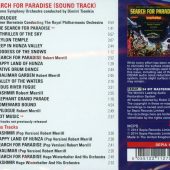
![Jane’s Addiction – Alive at Twenty-Five 2016 Silver Spoon Anniversary Tour [Blu-ray/DVD/CD] 3-Disc Set](https://www.filmfetish.com/img/p/2017/12/janes-addiction-alive-at-twenty-five-bk-170x170.jpg)
